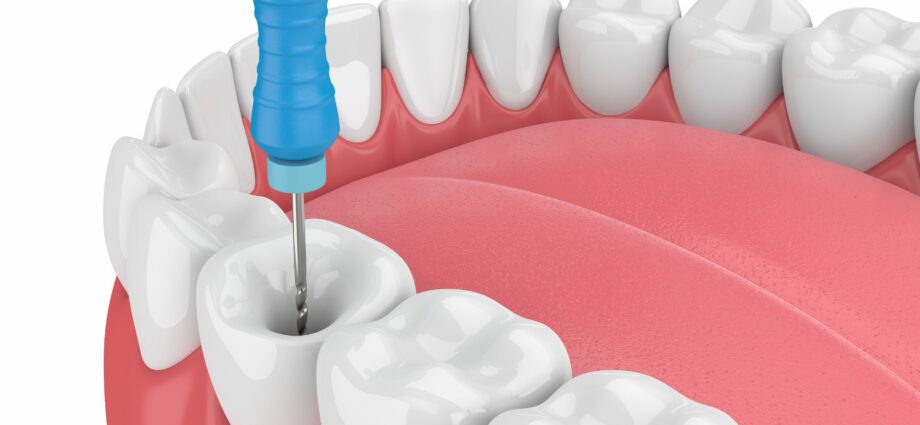Contents
Endodontics
Endodontic or root canal treatment is necessary when the pulp is infected or inflamed. Complex cases are taken care of by endodontists who are also trained to discover the causes of oral or facial pain.
Definition of endodontics
Endodontics is a specialty of dental surgery. The endodontist treats diseases from the inside of the tooth. The term endodontics comes from “Endo” which means interior “in Greek and” dontie “meaning” tooth “. Endodontics consists of the prevention, diagnosis and treatment of diseases of the pulp and periapex (periodontium and alveolar bone). It is used to transform a pathological tooth into a healthy, symptom-free and functional tooth.
Endodontic or root canal treatment aims to preserve natural teeth and to avoid implants and prostheses.
When to consult an endodontist?
It is the dental surgeon who refers his patients to an endodontist when he considers that the treatment of a tooth (or more) is too complex or that he does not have the appropriate technical platform (otherwise dentists are trained in endodontics and can perform root canal treatments). To make an appointment with an endodontist, you need a letter from your surgeon-dentist.
The indications for endodontic treatment
Endodontic treatment is necessary when the pulp of the tooth is inflamed or infected (due to deep decay, repeated dental treatments on the tooth, or even a crack or fracture of the tooth).
If the inflammation or infection of the pulp is left untreated, it can cause pain or lead to an abscess.
What does the endodontist do?
The endodontist mainly treats infections and inflammations of the internal canal system of the tooth.
It begins with a clinical and radiological examination of the tooth to be treated. He then removes the inflamed or infected pulp, carefully cleans and shapes the inside of the tooth, then fills and seals that space. One or two appointments are required for treatment.
After this endodontic treatment, the dentist can put a crown or another restoration on this tooth which protects the latter and restores it to normal function.
Endodontists can also do endodontic surgery. The most common is apicoectomy or apical resection. This is performed when the inflammation or infection persists around the end of the tooth root after endodontic treatment. This procedure involves opening the gum line above the tooth to uncover the bone and remove the infected tissue and the root end of the tooth.
Endodontists are also trained to determine the cause of oral or facial pain that is difficult to diagnose.
How to become an endodontist?
To become an endodontist, you must first become a dental surgeon (6 to 8 years of study depending on the chosen field) then specialize. Endodontists are dental surgeons who have chosen to do endodontics only.
Endodontists need a complex technical platform (microscope, microdentistry and microsurgery instruments, ultrasound, 3D scanner, etc.).
Prepare for your visit to the endodontist
Before your appointment with the endodontist, remember to bring the letter from your dentist and the last x-ray documents you have, your last prescriptions.










